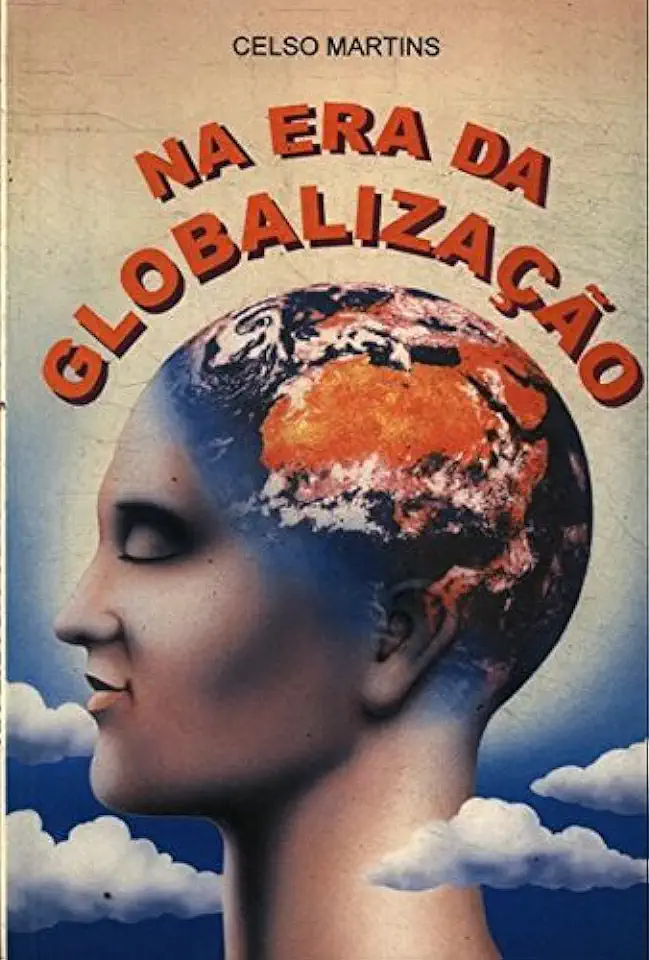
In the Age of Globalization - Celso Martins
In the Age of Globalization: A Comprehensive Analysis of the Economic, Political, and Social Implications of Globalization
In his groundbreaking book, "In the Age of Globalization," Celso Martins presents a comprehensive and thought-provoking analysis of the multifaceted phenomenon of globalization. With meticulous research and a keen eye for detail, Martins delves into the economic, political, and social implications of globalization, offering a nuanced understanding of its impact on the contemporary world.
Economic Implications: Unveiling the Opportunities and Challenges
Martins begins by exploring the economic dimensions of globalization, highlighting its potential to drive economic growth, enhance efficiency, and foster innovation. He argues that globalization has enabled businesses to access new markets, optimize production processes, and leverage economies of scale, leading to increased productivity and economic prosperity. However, Martins also acknowledges the challenges posed by globalization, such as job displacement, income inequality, and environmental degradation. He emphasizes the need for effective policies to mitigate these negative consequences and ensure that the benefits of globalization are equitably distributed.
Political Implications: Navigating the Shifting Landscape of Global Governance
Moving beyond the economic realm, Martins examines the political implications of globalization. He analyzes the rise of supranational organizations, the erosion of state sovereignty, and the increasing interconnectedness of global politics. Martins argues that globalization has created a complex web of interdependence, necessitating cooperation and coordination among nations to address common challenges such as climate change, terrorism, and financial crises. He also explores the tensions between national interests and global governance, highlighting the need for a reformed and inclusive international system that can effectively manage the complexities of a globalized world.
Social Implications: Exploring the Cultural and Societal Transformations
In the final section of the book, Martins delves into the social implications of globalization. He examines the impact of globalization on cultural diversity, social cohesion, and individual identity. Martins argues that globalization has facilitated the exchange of ideas, values, and practices, leading to a greater awareness and appreciation of cultural diversity. However, he also acknowledges the potential for globalization to exacerbate social inequalities, erode traditional values, and undermine local communities. Martins emphasizes the importance of preserving cultural heritage and fostering social inclusion to ensure that the benefits of globalization are shared by all.
A Call for a Just and Sustainable Globalization
Throughout the book, Martins emphasizes the need for a more just and sustainable form of globalization. He argues that globalization should not be driven solely by economic considerations but must also take into account social and environmental concerns. Martins proposes a comprehensive framework for achieving a more equitable and sustainable globalization, including:
- Strengthening international cooperation and governance
- Promoting fair trade and investment practices
- Addressing income inequality and poverty
- Protecting the environment and promoting sustainable development
- Preserving cultural diversity and fostering social inclusion
"In the Age of Globalization" is a must-read for anyone seeking a deeper understanding of the complex and multifaceted phenomenon of globalization. With its comprehensive analysis, thought-provoking insights, and compelling arguments, Martins' book provides a valuable resource for scholars, policymakers, business leaders, and anyone interested in shaping a more just and sustainable global future.